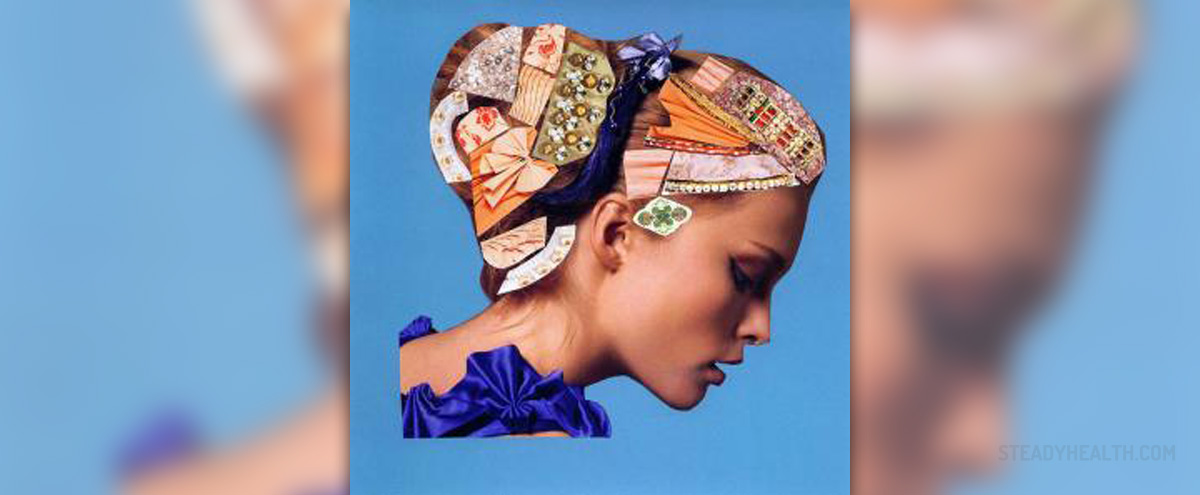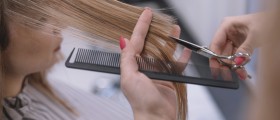
Menstrual headaches, or menstrual migraines, are one of the most frequent unpleasant symptoms of the pre-menstrual syndrome or menopause. The headaches occurs regularly each month, in a predictable pattern. It usually starts two days before the period and may continue until the end of the period. The headaches vary in intensity and they usually last between 4 and 72 hours. Somewhere around 14% of women complain about the menstrual headaches.
Symptoms of menstrual headaches
Menstrual headaches are usually characterized by strong pain in one part of the head. Sometimes, the pain may affect both sides of the head. Headaches may also be accompanied with other unpleasant symptoms such as, increased sensitivity to light and sound, double vision, sickness and vomiting, low cognitive functions, bilateral weakness or nerve feeling disturbance and other.
The headache often comes together with a pulsating sensation and it may be so severe to inhibit daily routine.
Causes of menstrual headaches
Menstrual headaches may originate from various sources. All of the causes may be primarily divided into psychological and physical causes. However, most of the headaches originate from some kind of physical disturbance in the body. Usually, headaches occur as a result of hormonal imbalance. Estrogen, the female hormone responsible for normal menstrual cycle, may be the primary cause of menstrual headaches. Levels of estrogen and progesterone fluctuate during the normal menstrual cycle, and by the end of one cycle and beginning of the other, estrogen levels are reasonably low and women are more vulnerable to headaches and more sensitive to pain. Women on birth control pills may be at a higher risk of menstrual headaches, because pills affect hormonal levels in the body. Women in menopause are also more prone to headaches caused by hormonal changes. Other physical causes include genetic heritage, stroke and use of certain medications.
Psychological causes usually include mental exhaustion, everyday stress and overburden. Emotional instability may often cause physical reactions and provoke temporary headaches.
Management and treatment
The best way to avoid menstrual headaches would be to maintain optimal levels of estrogen hormones. There are a couple of relatively easy methods to achieve this. First, women should avoid caffeine, alcoholic beverages, refined foods and artificial sweeteners. Diet should be well balanced and healthy. Slight physical activity may also show some positive results. Stress management techniques combined with a lot of relaxation and good night sleep, are also considered helpful in managing menstrual headaches. A multidisciplinary approach that cares both for the mind and for the body would be the most advisable for treatment.

















Your thoughts on this
Loading...